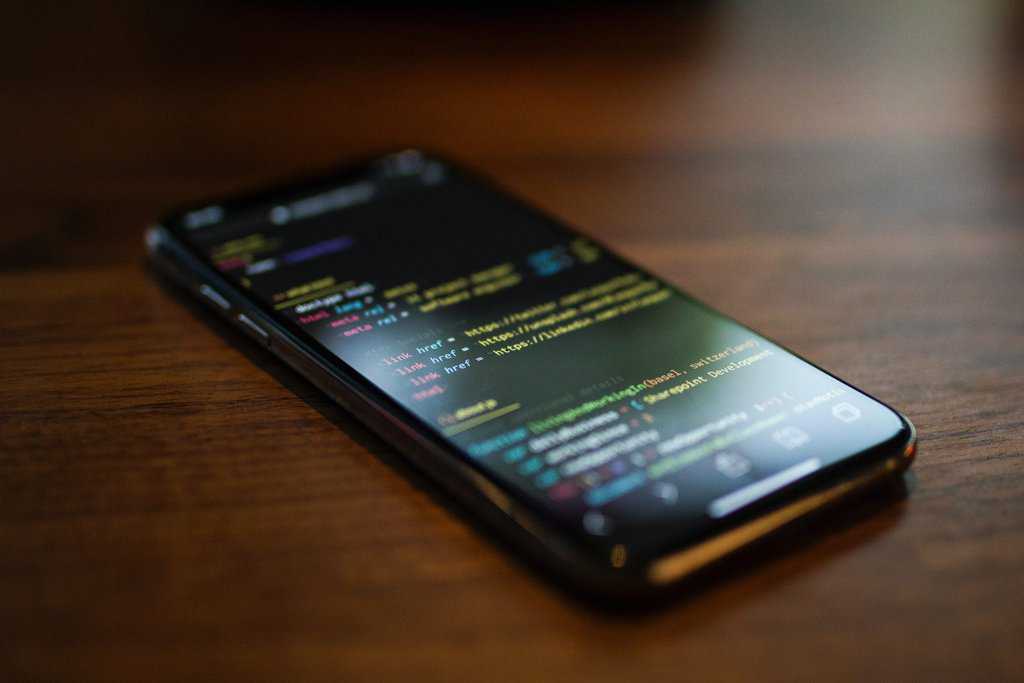Are you an aspiring app developer looking to learn the skills necessary to pursue a career in the industry? With the ever-growing demand for more and better apps, there has never been a better time to get into app development. Fortunately, there are plenty of courses out there that can help aspiring developers gain the coding and design skills needed to build great apps. In this article, we’ll be taking a look at 5 of the best app developer courses available today.

Course 1: Basics of Programming
The first course in the series, Basics of Programming, is designed for beginners who want to get started with coding. The course covers foundational concepts such as data types, variables, conditional statements, loops and functions. It also introduces students to programming languages like Python, JavaScript and Ruby.
Many businesses today rely on professional javascript development services to build interactive web applications and mobile apps that engage users across multiple platforms.
For those interested in custom iPhone app development, understanding these basics is crucial as they form the building blocks for more advanced programming skills.
The course is taught through a combination of video lectures, hands-on exercises and quizzes. Students will work on real-world projects that will help them understand how programming works in practice. By the end of the course, they will have gained a solid understanding of programming basics and be ready to move on to more advanced topics.
Whether you’re looking to pursue a career in app development or simply want to learn how to code as a hobbyist, this course is an ideal starting point. With its clear explanations and engaging projects, it provides a strong foundation for anyone looking to explore the world of programming.

Course 2: Design Principles
The second course in this app developer series focuses on design principles. This is an essential skill for any developer to have, as it will enable them to create visually appealing and user-friendly apps. The course covers topics such as color theory, typography, layout design, and user interface (UI) design.
Color theory is important because it can create different moods and emotions within the app’s users. Typography is crucial because it can affect the readability of the text in the app. Layout design refers to how elements are arranged on a page or screen and can impact how easy it is for users to navigate the app. UI design encompasses all of these elements and more, as it involves creating a cohesive look and feel throughout the entire app.
By mastering these principles, developers will be able to create apps that not only function well but also look great. This will ultimately lead to more satisfied users who are more likely to use the app regularly and leave positive reviews.

Course 3: Mobile Development Platforms
Mobile development is becoming more important than ever before. With the increasing usage of smartphones and tablets, businesses are now focusing on creating mobile applications to reach their target audience. Course 3: Mobile Development Platforms, aims to teach students about developing applications for Android and iOS platforms. This course covers various topics such as how to design user interfaces, how to create data-driven applications, and how to work with APIs.
One of the key features of this course is its focus on practical experience. Students will have access to a range of development tools and resources that they can use to create their own mobile applications. They will also be given the opportunity to work on real-world projects, which will help them gain valuable experience in mobile app development.
By completing this course, students will have a strong understanding of what it takes to develop successful mobile applications. They’ll have the skills needed to build high-quality apps that meet user needs while also being functional and visually appealing. The knowledge gained from this course can be applied in various roles such as software developer or UI designer for companies that specialize in mobile app development, like Trinetix Software Development Company.

Course 4: UI/UX Design Skills
UI UX design skills are becoming increasingly important in the world of app development. This course aims to provide students with a comprehensive understanding of UI and UX design principles and how they can be applied to create engaging, user-friendly mobile applications.
Through this course, students will learn about the importance of user research and how it can inform design decisions. They will also gain an understanding of information architecture, wireframing, prototyping, and usability testing. Additionally, the course covers color theory, typography, and other graphic design principles that are essential for creating visually appealing interfaces. For teams that need to scale their visual design rapidly without sacrificing quality, you can outsource graphic design services to seasoned experts.
Upon completion of this course, students will have gained practical experience designing mobile apps that meet user needs while adhering to best practices in UI/UX design. With these skills under their belt, they will be well-equipped to take on new challenges in app development and deliver high-quality products that delight users.

Course 5: Debugging & Troubleshooting
Debugging and troubleshooting are two essential skills for any app developer. Course 5 of the App Developer Courses focuses on teaching these vital skills to aspiring developers. Debugging means identifying and fixing errors in your code, while troubleshooting refers to identifying and resolving issues that may arise during an app’s development.
The course covers techniques for debugging and troubleshooting, such as using debuggers, logs, and breakpoints. Additionally, students will learn how to diagnose and resolve common issues that can occur when developing apps. It will also cover tips on how to optimize code for better performance.
Furthermore, students will learn how to handle errors gracefully in their apps so they don’t crash unexpectedly. This course is ideal for those who want to improve their debugging skills or are encountering bugs in their applications but don’t know how best to address them. By the end of this course, developers will have a stronger understanding of these critical skills necessary for building successful applications with few errors or glitches.
Showcase Your Skills with the Right Resume Template
Completing these courses is just the first step in building your app development career. The next important step is presenting your new skills and projects effectively. A well-crafted resume tailored for tech roles can help highlight your coding expertise, design abilities, and certifications.
Check out these best resume templates to make a great impression:
* MINIMALIST TEMPLATE: For a clean, focused presentation of technical skills and experience.
* CREATIVE TEMPLATE: Perfect for UI/UX designers to show off both creativity and structure.
* ONE-PAGE TEMPLATE: Ideal for junior developers or those with concise experience.
* ATS-FRIENDLY TEMPLATE: Ensures your resume passes through Applicant Tracking Systems without getting filtered out.
Using the right template ensures your resume communicates your strengths effectively, helping you stand out to recruiters and hiring managers.
Conclusion: Upgrade Your Skills
In conclusion, upgrading your skills is essential to stay competitive in the job market. This is particularly true for app developers who need to keep up with the latest trends and technologies in coding and design. The five courses listed above provide a great opportunity for app developers to upgrade their skills and take their careers to the next level.
In addition to learning new coding and design techniques, taking these courses can also help you build a strong network of professionals in the industry. You will have the chance to collaborate with other learners, share ideas, and gain valuable feedback from experienced instructors.
Finally, investing in your education by taking these courses can pay off significantly in terms of career advancement and earning potential. Employers are always on the lookout for skilled app developers who can bring innovative ideas and solutions to their businesses. By upgrading your skills through these courses, you will be better equipped to meet employers’ expectations and stand out from the competition.
